

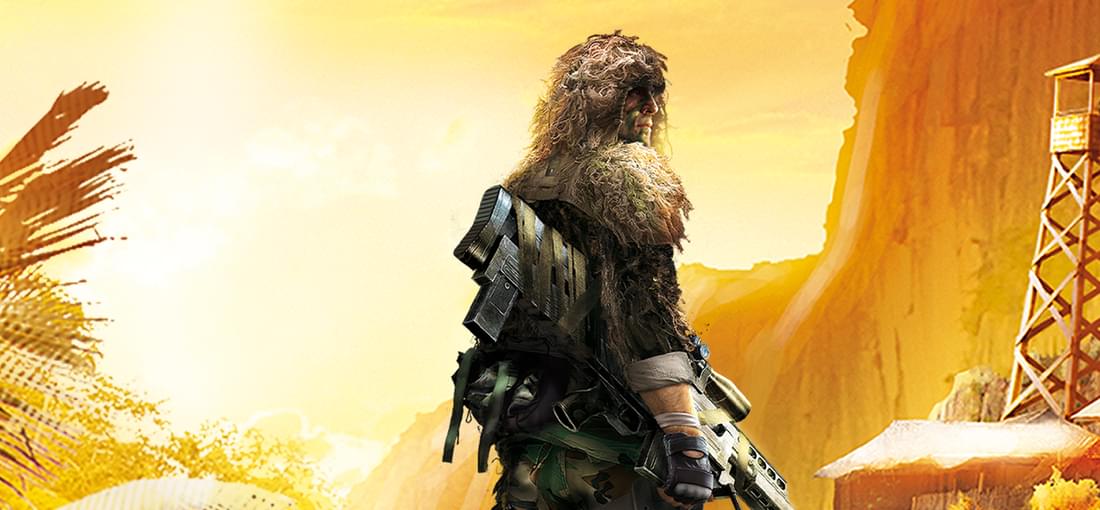
This game comes with two premises, which you need to accept if you want to have a good time. One: it's a tactical shooter simulator. Not FPS. You need to think before pulling the trigger. Second: The game has a built-in solution, and your skill is to find it and execute it. Finding your path is comparable to Geometry Dash - follow the level designer. Inventiveness just doesn't pay here. Still with me? Okay, let's dig in. The shooting part works. Everything else is... welp. Story - default Good Guy among shooters. Sound, acting, voiceover - helpful, but dull. Map design - adequate, with way too many invisible walls (see premise two). You will face the same encounter from the point of view of different characters, and it just does not work. "Who am I? Where am I? What's happening - is it a past or future?". On the other hand, I was quite surprised with the AI - once you stick to the script that is. If you face hard resistance, you must seek other ways in. Okay, it is stealth, but not in a way we think about it now. Even on release day I would question myself "how did this pass any sort of QA?". And ten years later? Ouch. If you know what are you going into, and you want to focus on the physics of long range shootout, then you might enjoy it. And if you're unsure, be advised that sale prices can go as low as 0.80€ - if you want to try your luck. But it's a beginning of something bigger - if you experienced SGW2 or 3, this is the foundation stone. It's just covered in bird poop and it's not in a great neighbourhood. My overall experience wasn't terrible, but that's the best thing I can say about this game.
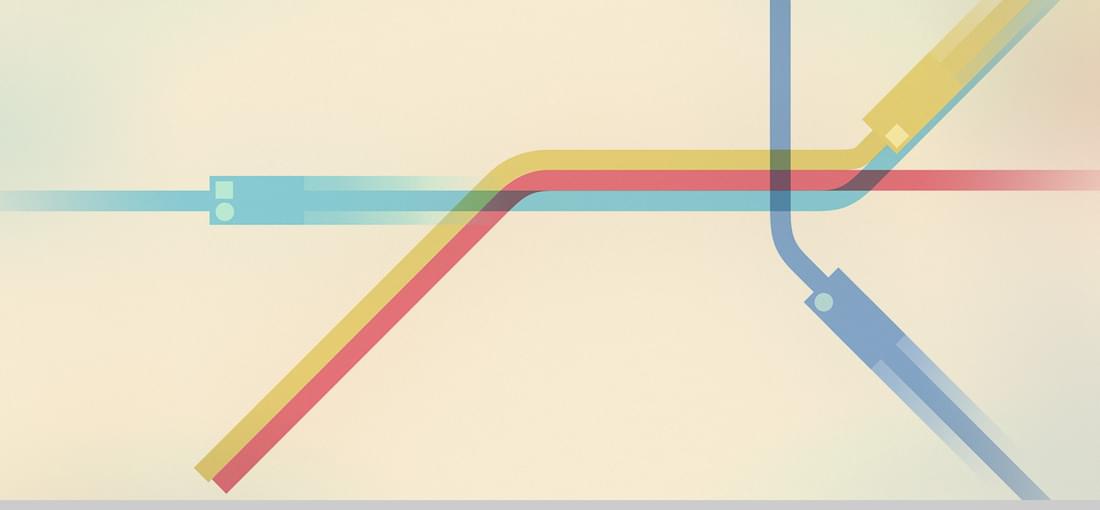
From the store point of view, labeling Mini Metro as a "Simulator" is ... wrong. The goal of the game isn't building a system so ideal you can leave it running mostly by itself - it's not a simulator like Transport Tycoon might be. This game needs constant attention, adjustments, fixes. If I had to label it... action puzzle? Anyway, Mini Metro shows all that I value in indie, small, niche games. The game is laid out so obviously you don't need a tutorial (game has one just to be extra super safe) and doesn't include anything that would obscure the idea. The game has just enough mechanics to be challenging and fun to play without really requiring you to consciously process them. Everything is just SO OBVIOUS. Well done! The game has a clear scoring system, and just keeps going faster and faster and faster and then boom game over. I didn't get to play any 8-bits, but it feels like one. Okay, this won't get you hooked for hours and hours straight, but a level here, daily challenge there, it will pile up to worryingly high numbers (given how simple the game feels). And you can see yourself on a histogram of the daily challenge score. Single player score, daily competition with the rest of world and "achievement" style challenges give you both a clear measure of your progress and something to return to. Twenty minutes a piece, every day again and again. Definitely near the top of time enjoyed per money spent. Quite a feat for a simple little thing, Mini Metro.
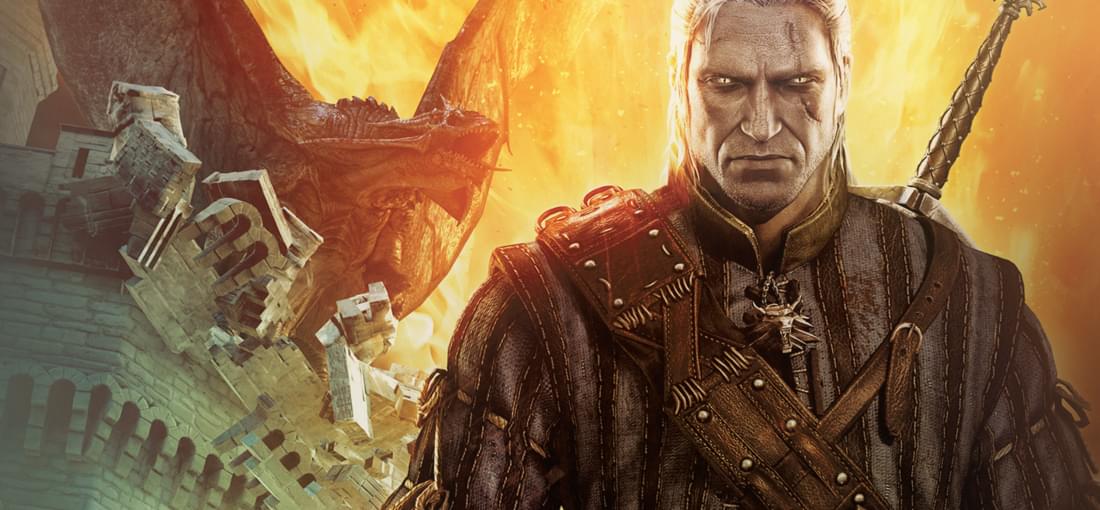
Witcher 2 really suffers from being a part of the Witcher series. Bordered on one side by master-of-mechanics The Witcher (1) and on the other by f-ing amazing The Witcher 3, you will be stalled by what you miss from the two rather than what is good about this one. The story is much shorter than either TW1 or (especially) TW3, even if you stick to the base game story on both of TW2's neighbours. You get to make like two decisions here, and no "Witcher path" is available. Choose the lesser evil. The story is immersive and believable, even if Geralt is driven by a deeply personal matter, unlike the objective goal of TW1. Still works. Alchemy is very screwed here. You cannot drink potions in combat, so you must guess which potions you will need for the fight, and drink them beforehand. It works from the story point of view, but makes a horrible mechanic. Everything about the inventory felt very consoly to me. It makes zero sense on a mouse-and-keyboard PC. Items lost lots of the clarity from TW1, be it alchemy ingredients, books and recipes... So, what do I like about this piece? - Unlike other reviewers, I found the use of QTE fine. Definitely suitable for minigames, and okay in boss fights. Those have their own mechanics here, unlike TW1, the boss is no longer a "just hit it more" version of a mob. - The decisions, while limited, do make more impact. You get to see all locations in one playthrough, but by making a choice, you're choosing a home location for Ch2. Choose one, loose the other. - Stealth action is a welcome addition in the game. You can solve problems without using a sword, which is a nice path, even if it might feel somehow restrictive. - Different options to make people talk. Be the nice cop, or make them fear. Such options are now clearly labeled, and that will help you make decisions. Overall, it's a very fine adventure, but Kingslayer lacks the jaw-droppiness of The Witchers Past and Future. I'm sorry, CDPR, but you can do better.
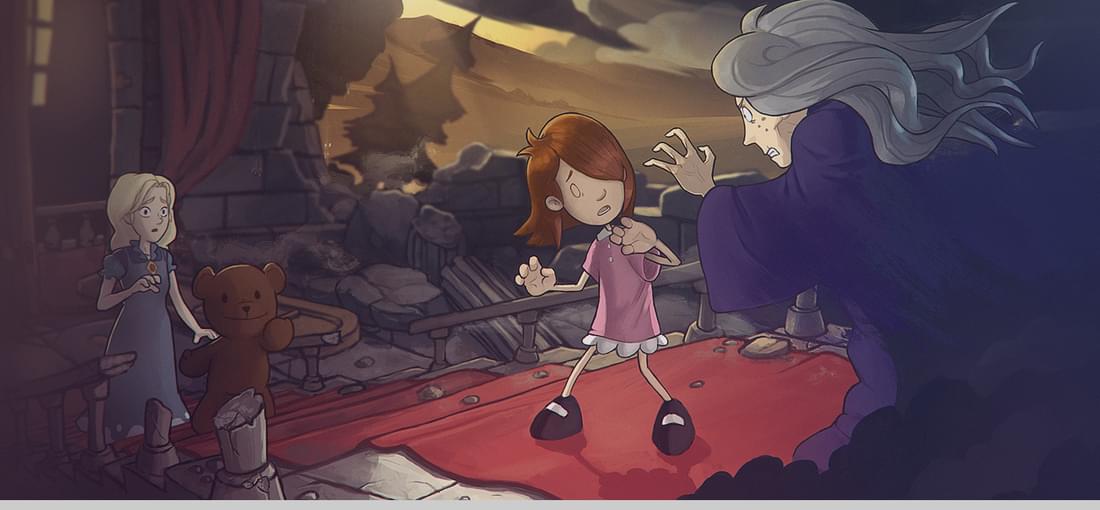
Adventures depend on likable characters and engaging plot. For me, Anna's Quest somehow passes and fails those criteria at the same time. If you dose your playtime right, it still may work for you. You'll likely find Anna to be naive, gifted, and slightly dull. Mostly because she is. I really didn't feel strong connection to her character... but Anna is so obviously Anna. The character works internally, and externally, within the game's logic. It's the fourth wall's problem. Ben is... quite an annoyance, but plays well with Anna's naivety. The plot for most of the time is okay, fine, not excelling. The Quest shifts it's focus several times, and rarely returns. The conclusion of the story was really so much unsatisfying for me for this reason. During the finale, you switch Anna for another character from long ago, and you get to discover some of the past, motivations... which is fine, but I felt like that bit was slapped onto the game after characters were created. It sort of switches cause and effect. Again, it's just a personal feeling. Both story and puzzles contain some yikes moments. Parents may want to think twice before gift this game to kids. Talking about the puzzles, they were mostly okay, with some non-obvious and some totally out-of-the-box. Overall it's a very fine mix of difficulty. I consulted walk-through few times, but it was during moments of "I don't want to solve this puzzle" rather than "I cannot solve that". Especially there is that piano puzzle which heavily relies on player's memory. The solution is quite straightforward, and carrying out the solution is trivial, yet tedious. Why bother doing unproductive heavy-lifting?
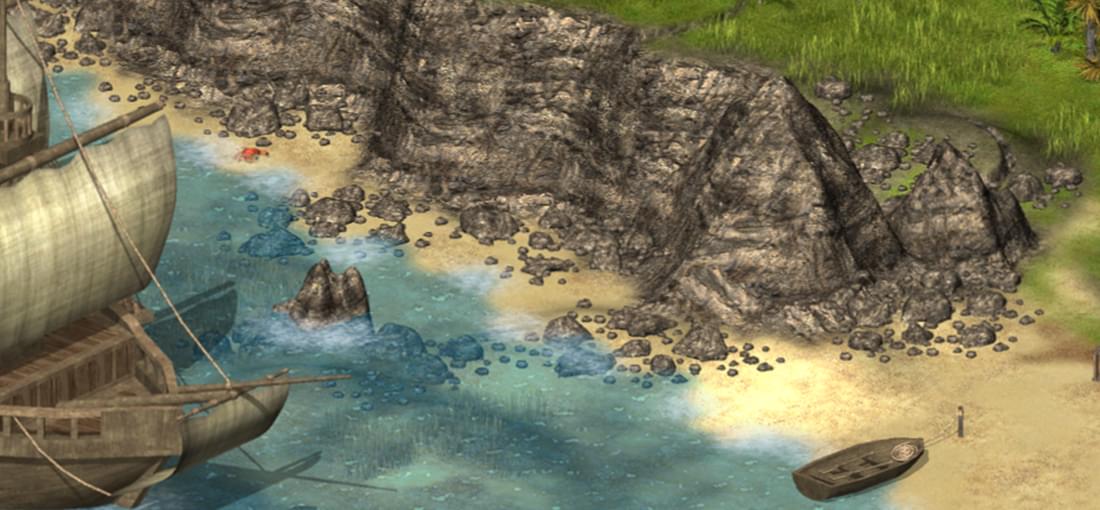
This game is basically the norway-style slow TV of gaming. Point-and-click adventure resource-manager, which is also a fairy tale where the good will win at the end and making the wrong choice is impossible. No pressure, no time limits, no hard questions, no trickery - just some mindless clicking. The story follows the classic theme: young hero heading out on a noble quest, finds a city, saves everyone, creates magic artifact, gets a kingdom and marries half a princess. Start as a boy, end up with an army behind your back and skills to fight the undead and pirates and beasts and crocodile and... Yes, there were places when the story felt more like deus ex machina, where the quests felt like story padding, where the story was a bit too "default", but it entertained me enough to click through the game, even if the last 15ish percent of the game were driven more by my sense of "I'll finish this, because I finish my games" rather than "I want to play more". Don't expect too much, play in sizeable bites and let your mind return to the time you were seven or nine and your mum read you fairy tales before you want to sleep. Then, you'll be happy with this.
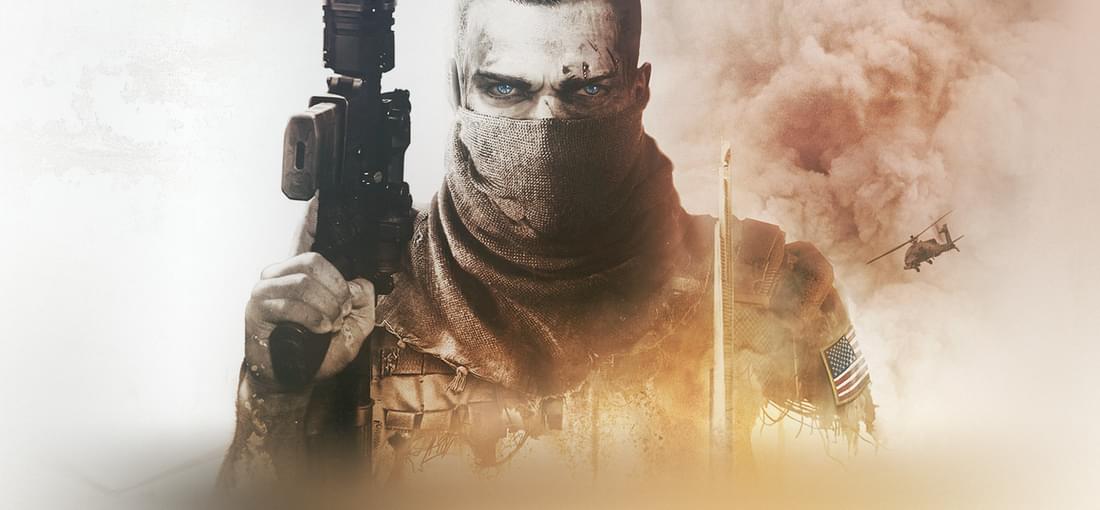
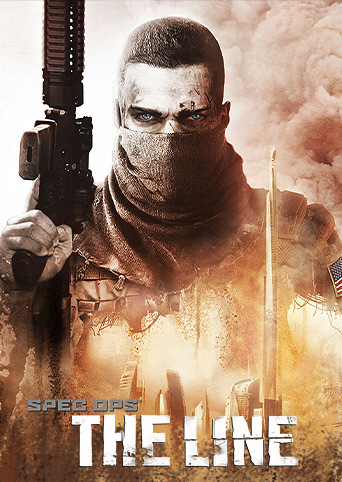
Don't take this game as your average FPS. You don't play this one to fire weapons. Killing your enemies is a mere tool to advance the story. And what a story it is. I don't want to give any spoilers here - the experience depends on you being a first-timer, but the story is very strong indeed. Without you investigating the sand-covered reality of Dubai, the shooter part of the game is somewhere "sucks" to "meh", offering very little tactical challenge. There is usually no option to flank your enemy, commands to your team are limited to "do what you think is the best" and "pretty much charge the one enemy", with the occasional "flashbang now" option offered only when the game decides so. Since the story experience is non-repeatable, the game is likely to be limited to two playthroughs tops - it won't work as a shooter standalone. I'll admit, there are numerous things I wasn't fond of. For starters, the game allows you surprisingly low amount of decisions - for a game whose central theme is "you dealing with your decisions". You (the player) deal with the decisions your character makes, or the game forces you into. Some scenes are scripted to happen Just The One Way, even if the player knows the character should've known better. Should it be opening a door, zip-lining between buildings or weapons use, your character will behave in stupid ways. On the other hand, the use of sand on the battlefield offers some unique experiences. Sandstorm battle, where your range of sight is limited to just a few steps is something I didn't see elsewhere (yet). Okay, few issues are in the game - though not as high priority to be described as bugs. When you die, all the drops from the enemies disappear and the game loads pre-describe load position, so there will be some discontinuity. As you keep dying, I _think_ the game grants you more and more ammo, but I don't feel strongly about this one either.
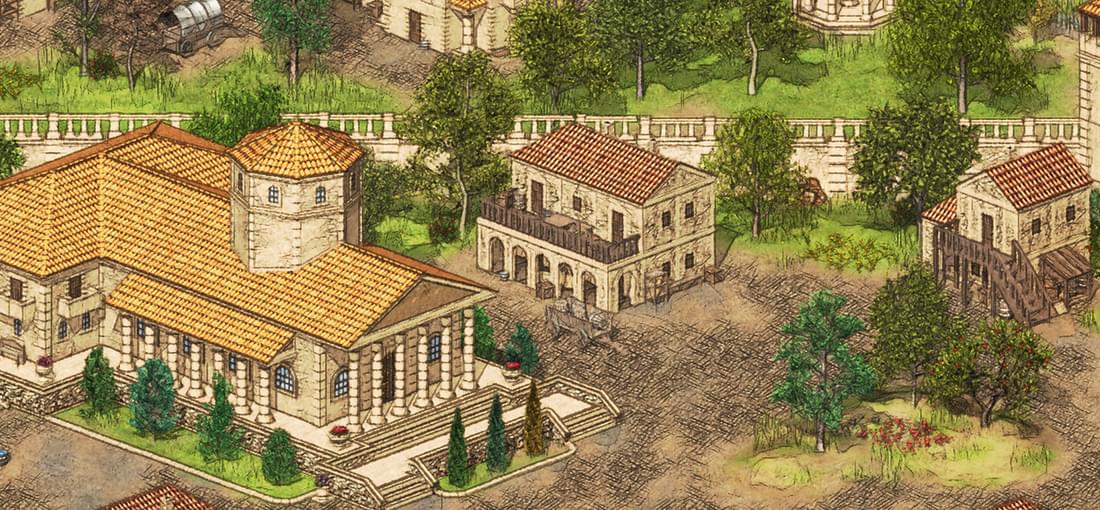
New story wearing the same coat - and you either like it, or you don't. This time you follow a story of I-don't-wanna-be-a-princess Kassandra. Be a bit naughty, take a peek beyond the city walls - suddenly the city is under attack and you're tasked with saving everyone, princess. Here the story starts it's usual "side" missions. But, given how desperate the situation feels, and how much power the protagonist should have (she's a heir to the throne, afterall), the quests seem out-of-place. A cake for the kids is nice to have, but there are literal daemons on the next street. Could the cake, like, wait a day or two? There are only so many situations you can build a "bring me X" quest on top, but I'm not willing to grant the story the same leeway I did to Lost Tales I. Heroine is simply in a place of too much power. Overall, it feels like there is more fighting, but the main fighter is the princess herself, learning every skill just in time, when it's needed. It feels wrong, there is a literal army guarding the city. Alright, I finished the game, but I was considerably less happy about it, compared to Lost Tales I.
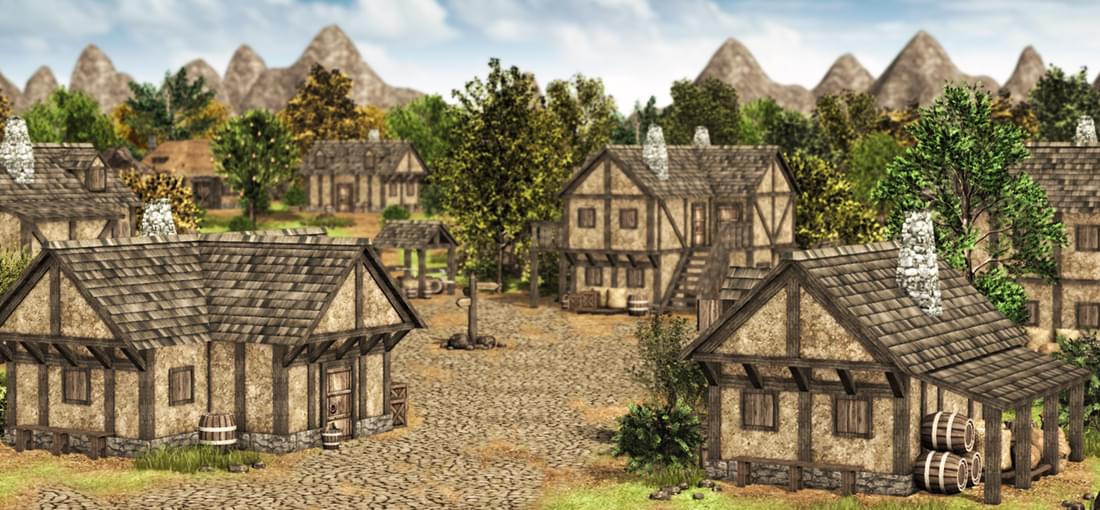
It's a point-and-click fairy tale. It has fine, though perhaps a bit generic story line, simple quests, short dialogs and limited choices. It's no Shakespeare, and it would be wrong to compare it as such. It's got no clever puzzles, no sudden twists in the story, no pixel-perfect hunt for items. Okay, the resource management is sometimes a bit too busy ("I need healing potions AGAIN? Back to the town," he said and opened map to jump to the city to buy some.), or a bit too annoying ("Time for the sleeping animation loop. Why does the sleep only yield 10 hearts?"), or a bit too unbalanced ("I killed a bear, why do I only get a claw? Where's the meat and skin, where, I ask?"). The quests feel repetetive ("The woodcutter is hungry again, eh?") - but I get it, there is only so much situations you can fit on "bring me X". You'll likely spend some 3 hours clicking on stuff and when the game ends, your conclusion will be near "it was not bad, I guess?". But if you need a no-brainer, say, for when you wait for the pot to start boiling? It's a stress-free, time pressure-free, brain-free way to pass time.
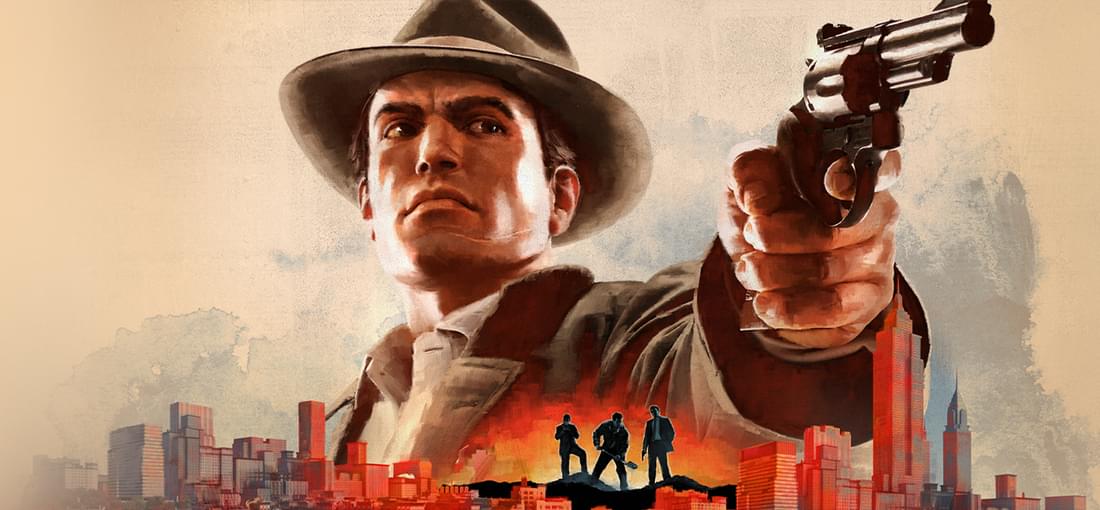
TLDR: the remaster didn't fix the original issues and brought in some new ones. I tried it, and my expectations weren't high, but remaster still somehow failed to fulfill them. I experienced way more glitches, graphic mishaps and engine insanity in the remaster, compared to original. The game is now about 50GBs, and neither the graphics nor the sound are accordingly better. I don't know if remaster altered any of the play-related elements, but it kinda feels like it. Compared to Mafia 1's Tommy, the player character of M2 - Vito - feels like a slime. The story is filled with nihilism. Vito tries to earn some money, fails, must fix it, somehow manages to. Rinse and repeat. While Tom climbs the ladder steadily, Vito has troubles getting on the first step, and is often tasked as a common thief would be. Don Salieri would never treat Tom as an equal - because he isn't - but he would never treat Tom without professional respect. Because unlike Vito, Tom is good in what he does. I appreciate the enhanced combat - especially compared to M1 - and the game might well work as a shooter. The driving sessions are meh. I often fight with the vehicle physics, and spinning the rear end of the vehicle is of frequent occurance. Cops are just as dumb as in M1, and way more aggressive. There are increased freeplay options (shop robbery, to give an example), but the game offers no "free ride" mode, which hugely diminishes such feat. Yes, you can take "time off" after story missions, but it will mean saving your progress while hoarding money will be extremely difficult. The action bits of the story are hidden by lots of micromanagement (clothes, in-building walks with zero interaction), cutscenes, which are often unskippable, or which at very least repeat every time you die, and a truckload of swearwords in the dialogue. F-word fatigue. I don't think it is rude - It just f-ing won't work if you f-ing say the f-ing word five f-ing times in the f-ing sentence, f-it.

The game concept is really interesting - agents, spy missions, diplomats... But there are way too much rough edges for the concept to become enjoyable. I'd really want to like the game better, but...: Basically no chance to catch up if you fall down the sigma ladder. Sigma technologies range from borderline sci-fi to flat magic. Fair money, free electricity, teleportation. "We teleported two of your agents into our prisons. F-you!" --foreign diplomat. Not only nations, but armed groups, influential factions, global organizations... your own government and your spouse. Relationship building is way too much busy. You will likely pass most of them without any interactions. What's the most strange thing to me is directing extraction missions. Your agent will call you and leave the decisions on you. How am I supposed to know the situation better? It's called "field decision" for a reason. I appreciate the spy aspect is focused on intelligence gathering, working with people etc., but extractions... eh. Linear - where you make decisions on behalf of your agent; via airplanes - but you need to smuggle the scientist on board; and even if voluntary, you need to overcome foreign nation's counter-intelligence. Yes, there are unique perks to every character, yes, there is large amount of stuff to interact with, but there is not really much "content". Sometimes you get offered missions, but you'll have to guess how to complete them. In my eyes, punishment for failure doesn't match success reward. On average, saying no is the safe option. Game like this would work as tabletop for a group of friends - but singleplayer on a PC? Fine 4 hours, but that's it - I have no need to replay this piece, especially considered the unsatisfying ending of the story: (spoiler follows) whoever wins the sigma race gets evolved to god, is able to manipulate time, decides to travel to the past and revert all research on sigma so the thing would never happen. Next round? Please, don't.